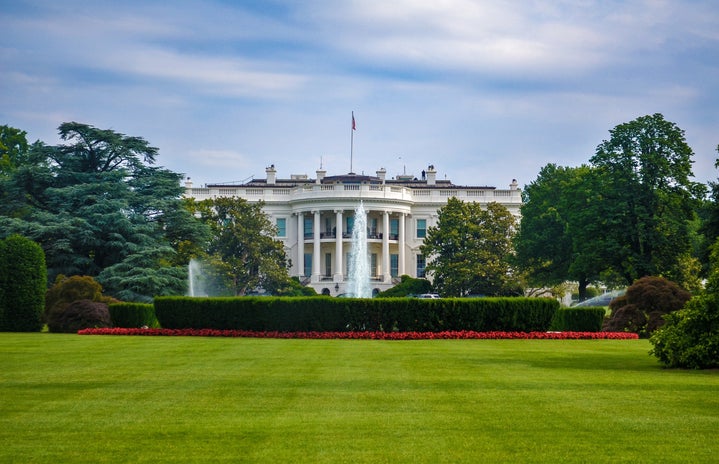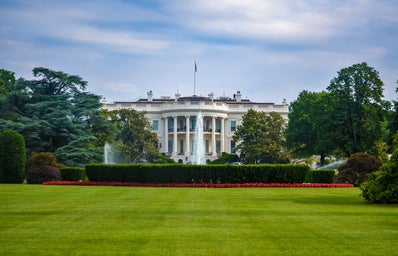In the first part of this mini-series, we took stock of the concrete steps that the Trump administration has taken, or tried to take, since the election. In addition to the four election promises, what else has happened? Amid mounting criticism from both within the US and outside, what does the future hold?
Turbulent start
If there is an adjective that aptly describes Trump’s first year in office, it would have to be turbulent. There have been, among other things, a number of cabinet shake-ups: his White House Press Secretary Sean Spicer resigned in July, chief strategist Steve Bannon has left the house as has Trump’s chief of staff Reince Priebus. The biggest scandal so far, however, has been the ongoing investigation into Russian interference in last year’s elections, which has implicated many of Trump’s close allies. Did Trump and his campaign co-operate with Russia to manipulate the presidential election? If evidence is found proving that this is the case, it could put Trump in a very difficult position. Would it even be the end of Trump’s presidency?
Will Trump get impeached?
While many have talked about impeachment – if collusion between Russia and the Trump campaign is proven – and compared Trump’s situation to that of Richard Nixon in the aftermath of the Watergate scandal, the situation between these two presidents is quite different. Currently, Republicans control both Houses of Congress, making an impeachment vote highly unlikely, in the current circumstances at least. However, there has been a surprising number of dissenting voices within the Republican party, the most prominent among which is the former Republican presidential nominee John McCain.
Consequently, one of the interesting questions is whether the Trump presidency might lead to the ultimate break-up of the Republican party. For long, there have been divisions within the conservative party, as evidenced by, for instance, the birth of the Tea Party movement. But opposition to common enemies – big government, liberalization of social mores, tightening of gun laws – has held the party together. Trump, however, seems to have brought ever more radical elements into the party, such as former chief strategist Steve Bannon, and when Trump seemed to call neo-Nazis ‘fine people’, many in his party thought he had crossed the line. Moreover, his flamboyant lifestyle, three marriages, and boasting of sexual harassment make him an awkward match with the more socially conservative milieu of the Republican party, leading to potentially more fault lines within the GOP.
But will this lead to significant changes in the party? It seems like Republicans who are displeased with the direction their party has taken have little choice but to wage civil war within the party. The US is a two-party system, with little room for alternative political movements. This means that both Democrats and Republicans have to make room for a large array of ideas and opinions, and the two parties are less internally coherent than in Finland, for instance, where there are more political parties both in the left and the right, and thus more options within larger ideological groups. If Republicans want to hold on to political power, weakening their own party could amount to a suicide mission. While there do seem to be some people willing to risk their office, many face a hard choice between their principles and the harsh realities of the political game: while Trump may oppose some of their values, he’s still the Republican option, and the best chance they have at securing some of their cherished goals, such as the tax reform and bringing down Obamacare. One shouldn’t, however, overestimate the power of the presidency, either: Trump will have to work together with Republicans in Congress to advance his plans, which might not always be easy.
It’s hard to predict the political future, even harder when dealing with someone like Trump, who himself defied all predictions to rise to his current post. But if Trump’s first year in office is any indication, then the future of this administration will most likely be just as turbulent.
Sources:
Photos by Mike Licht (Flickr) and Tumisu (Pixabay)


